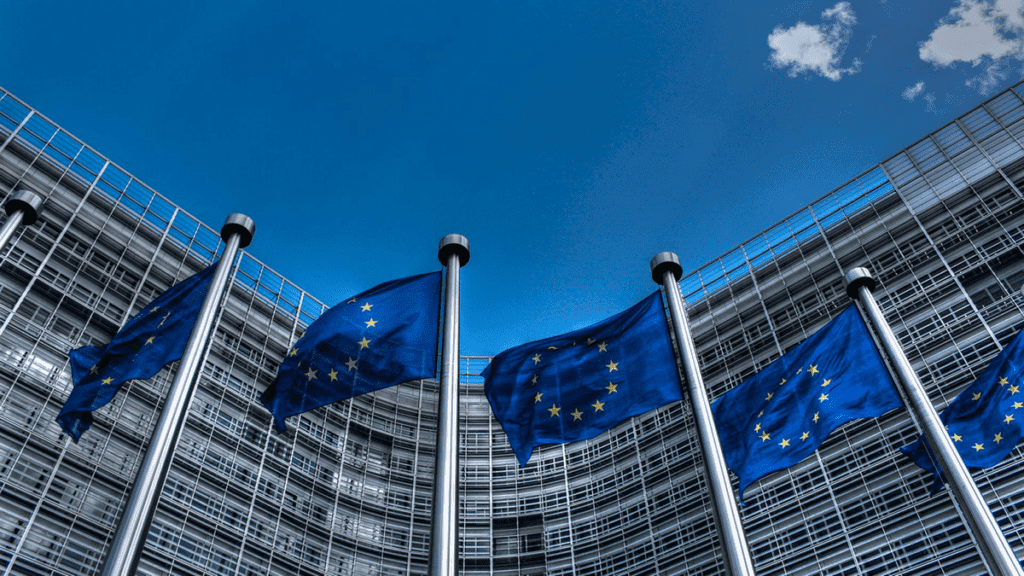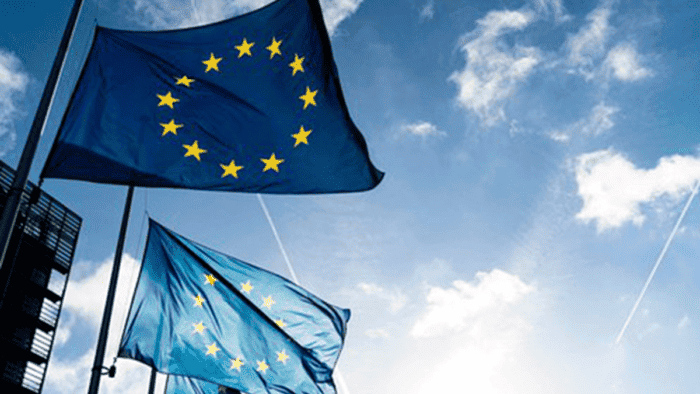The European Union will continue to ensure free-roaming chargers for its travelers. The conglomerate will prevent carriers from applying roaming chargers for travelers from and to any of the 27 member states of the Union or the European Economic Area for 10 more years. The “roam like at home” initiative, has abolished roaming chargers 5 years ago and put an end to carriers putting surcharges on travelers using their network. Now the initiative will stay on until 2032.
A new part of “roam like at home” is the focus on the quality of service. It means that customers will be offered the same services when abroad that they have at home, provided the networks actually support them. Essentially, if your home network has 5G, then the roaming network will also provide 5G.
Operators in the European Union will need to provide info to customers
The operators, from now, will need to inform customers of the quality of service they can expect. They will also need to send SMS with information if there is potential for any increased charges on a particular service. The new rules will improve the information provided to roaming customers about emergency numbers.
If a customer can’t access the unified emergency number – 112 – then the operator will need to provide an alternative.l This alternative ranges from a messaging service or a messaging app. Of course, the alternative needs to be free. The operators, of course, will need to find a way to limit the impact of roaming users. The European Union wants them to implement a “fair use” policy. It’s a vaguely-defined policy that prevents people from subscribing to a carrier in a foreign land. It charges a cheaper fee than those living in a different country.

That certainly is a good measure for all users in the European Union countries the need to travel on a frequent basis. At least for the next 10 years, these users will be free to use networks without any extra charge.
The European Union is constantly trying to regulate the market of smartphones and telecommunications. Thankfully, most of these regulations have been positive. For instance, the company has determined a common charging standard for all electronics, the USB-C standard. This is positive for a lot of reasons, but Apple of course is the one that loses. The Cupertino-based firm will need to inevitably change to USB Type-C as the US and Brazil are also pressuring the company.





